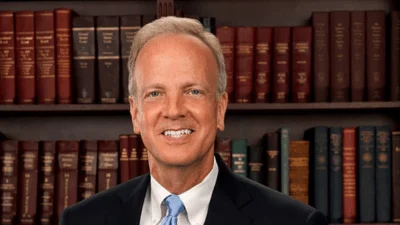Thank you very much, Mr. Chairman. I appreciate you holding the hearing.
Defense Secretary Carter and Undersecretary McCord, we look forward to hearing you testify before the Subcommittee for the first time in your current roles.
General Dempsey, I understand today’s hearing may be your last official appearance before the Defense Subcommittee as the Chairman of the Joint Chiefs. Your steady leadership has helped the Services navigate some very tumultuous years. We thank you for the dedication and sacrifice you and your family made during your 40 years of service.
Gentleman, your statements and responses to our questions play a crucial role in the crafting of the annual Defense Appropriations bill, especially in what I expect to be a very challenging legislative year.
The crux of the challenge facing the Subcommittee will undoubtedly be reconciling the Department’s fiscal year (FY) 2016 Budget Request with the significantly lower spending caps established in the Budget Control Act (BCA). While I am sure we will see attempts at finding relief from the constraints of the BCA, I do not anticipate a significant change between now and October 1st as there appears to be insurmountable obstacles blocking every path towards an increase in discretionary spending.
Since it is our role to prepare legislation according to the law as it is today, the Subcommittee may be required to mark to a level that is $33.3 billion below the President’s request. In order to accomplish that feat, having open lines of communication between Congress and the Department will be imperative. We need to make difficult and deliberate decisions to prioritize the limited resources available in order to minimize the risk to our nation and the men and women in uniform.
One area where we need to find consensus is the balance between readiness and modernization. In my opinion, the Department’s budget request favors modernization over readiness. This is best evidenced by the proposed growth in Procurement and Research and Development versus the more modest increases in accounts that tie directly to the readiness of the force. Just last week we heard from Navy, Marine Corps, and Air Force leadership regarding their ongoing struggles to recover readiness following sequestration in FY 2013. For example, the Secretary of the Air Force Deborah Lee James stated that “More than half of our combat Air Forces, half, are not sufficiently ready for a high-end fight." Further, the service leaders warned that returning to the BCA cap in FY 2016 will only exacerbate the readiness deficit. I assume we will hear similar sentiments from the Army in a few weeks when they are before the Subcommittee. As we bring those proposed increases back to reality, we need to be judicious in finding a balance.
Additionally, in its FY 2016 Budget Request, the Department of Defense has recycled some significant initiatives to stem the growth in personnel related expenses. These include proposed changes to Basic Allowance for Housing, the Commissary benefits, and TRICARE. In past years, with a few exceptions, these proposals have gained very little traction within Congress. I hope that as more Members accept the actuality of limited resources, we will be able to seriously consider these proposals as well as those brought forth by the Military Compensation and Retirement Modernization Commission. Congress has a responsibility in this area that we have left unmet.
Finally, I was pleased that the budget sustains funding for financial auditability improvements. I wholeheartedly support the Department reaching the 2017 goal for auditable financial statements - a tool that will help manage the finite resources that we have.
We look forward to your testimony and hopefully a productive and cooperative year.
Source: U.S. Department of HCA








